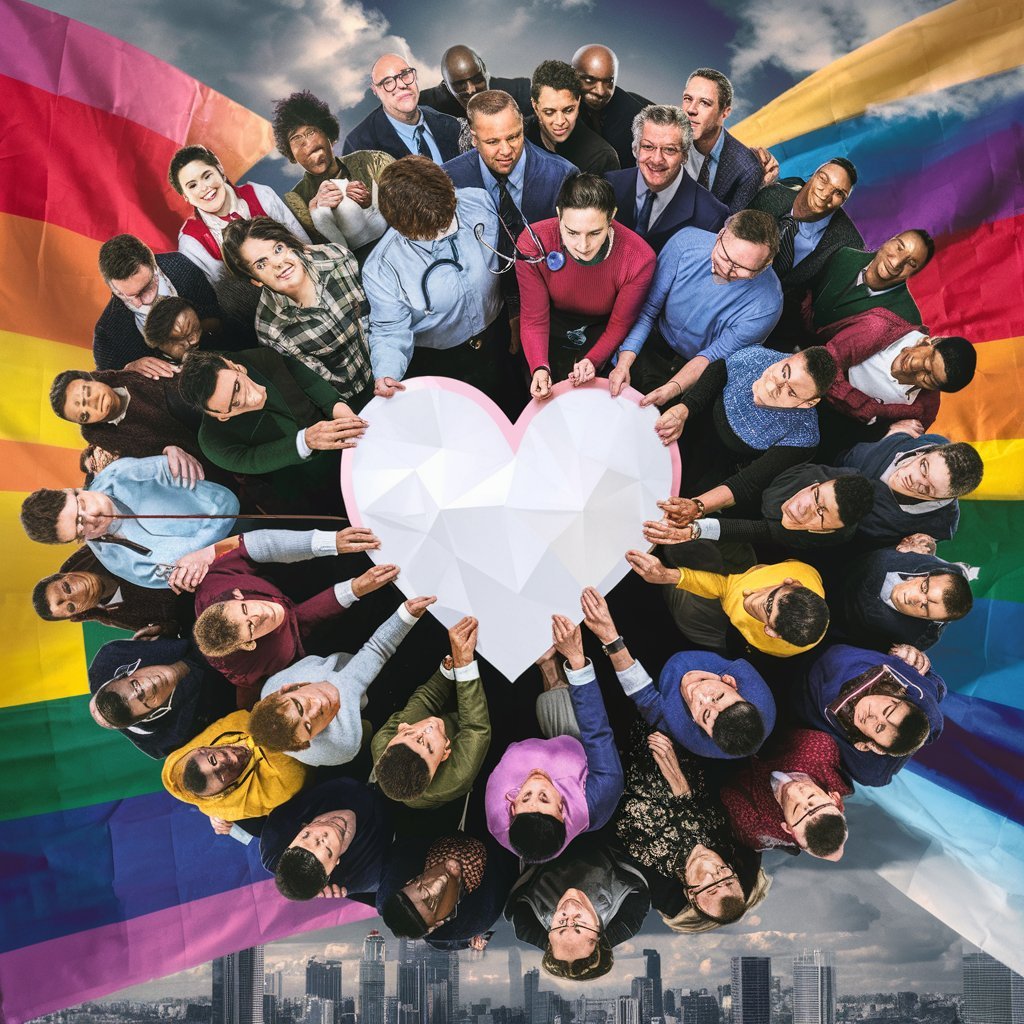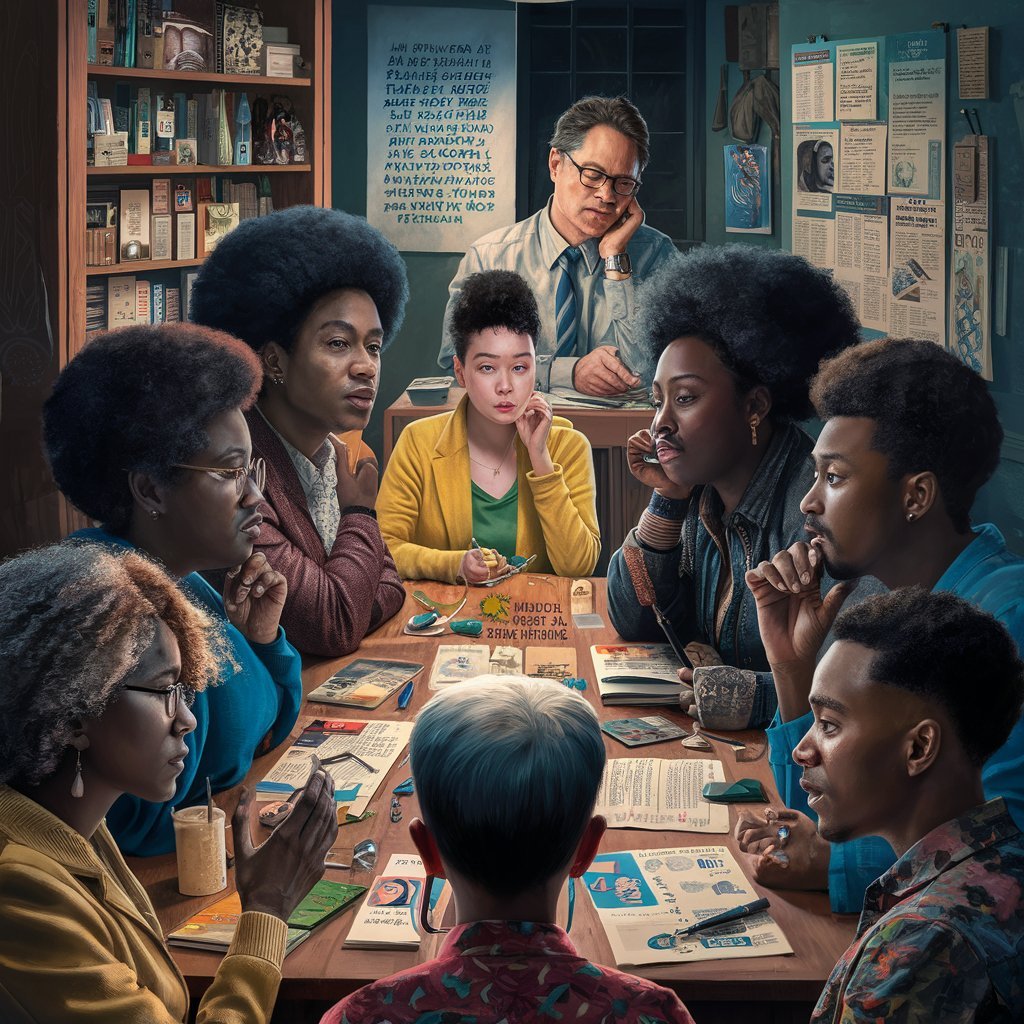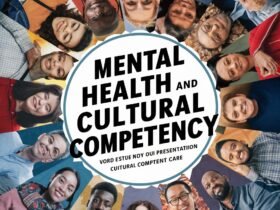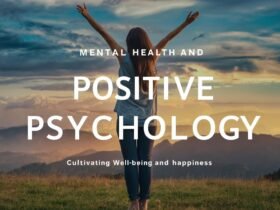Mental Health and the LGBTQ+ Community: Addressing Unique Challenges
Hey there, my young and fabulous friends! It’s your favorite mental health buddy, Nita Sharda, here to talk about a topic that’s close to my heart – mental health and the LGBTQ+ community.
Now, I know that some of you might be wondering what LGBTQ+ means, or why we’re talking about it in relation to mental health. So, let’s start with a little bit of background.
Understanding LGBTQ+
LGBTQ+ stands for lesbian, gay, bisexual, transgender, queer/questioning, and other sexual and gender identities. It’s a term that encompasses a wide range of people who may identify differently than the heterosexual or cisgender norm.
For those of you who may not be familiar with some of these terms, here’s a quick breakdown:
- Lesbian: A woman who is attracted to other women
- Gay: A man who is attracted to other men (sometimes used to refer to the LGBTQ+ community as a whole)
- Bisexual: A person who is attracted to people of their own gender and people of other genders
- Transgender: A person whose gender identity differs from the sex they were assigned at birth
- Queer/Questioning: An umbrella term for people who don’t identify as heterosexual or cisgender, or who are exploring their sexual or gender identity
- +: This symbol represents the many other identities that fall under the LGBTQ+ umbrella, such as pansexual, asexual, intersex, and more
It’s important to remember that everyone’s identity is unique and personal to them, and that it’s always okay to ask questions and learn more about the LGBTQ+ community.
Mental Health Challenges in the LGBTQ+ Community
Now that we have a better understanding of what LGBTQ+ means, let’s talk about why mental health is such an important issue for this community.
Unfortunately, LGBTQ+ people face a lot of unique challenges and stressors that can put them at higher risk for mental health problems. Some of these challenges include:
Discrimination and stigma
One of the biggest challenges that LGBTQ+ people face is discrimination and stigma based on their sexual orientation or gender identity. This can take many forms, from bullying and harassment at school, to workplace discrimination, to rejection from family and friends.
Experiencing discrimination and stigma can be incredibly painful and isolating, and can lead to feelings of shame, anxiety, and depression.
Lack of acceptance and support
Another challenge that many LGBTQ+ people face is a lack of acceptance and support from the people around them. This can be especially difficult for young people who are just starting to understand and explore their identity.
When LGBTQ+ people don’t feel accepted or supported by their family, friends, or community, it can lead to feelings of loneliness, isolation, and low self-esteem.
Minority stress
Minority stress refers to the unique stressors that LGBTQ+ people experience as a result of their marginalized identity. This can include things like:
- Constantly having to “come out” or explain their identity to others
- Feeling pressure to conform to heterosexual or cisgender norms
- Experiencing rejection or violence based on their identity
- Internalizing negative messages and stereotypes about LGBTQ+ people
Over time, minority stress can take a serious toll on mental health, leading to higher rates of anxiety, depression, and even suicide.
Barriers to healthcare
Finally, LGBTQ+ people may face barriers to accessing mental health care and other healthcare services. This can be due to a lack of LGBTQ+-friendly providers, fear of discrimination or mistreatment, or financial barriers.
When LGBTQ+ people don’t feel safe or comfortable seeking help, it can make it even harder to cope with mental health challenges and get the support they need.
Supporting LGBTQ+ Mental Health
So, what can we do to support the mental health of LGBTQ+ people and address these unique challenges? Here are some ideas:

Educate ourselves and others
One of the most important things we can do is to educate ourselves and others about LGBTQ+ identities and the challenges that this community faces. This means:
- Learning about the different identities that fall under the LGBTQ+ umbrella
- Understanding the impact of discrimination, stigma, and minority stress on mental health
- Challenging stereotypes and misconceptions about LGBTQ+ people
- Being an ally and standing up against discrimination and bullying
By educating ourselves and others, we can help create a more accepting and inclusive world for LGBTQ+ people.
Create safe and supportive spaces
Another way we can support LGBTQ+ mental health is by creating safe and supportive spaces where people can be themselves without fear of judgment or discrimination. This can include:
- LGBTQ+-friendly schools, workplaces, and community organizations
- Support groups and therapy groups specifically for LGBTQ+ people
- Online communities and resources for LGBTQ+ people
- Inclusive and welcoming faith communities
When LGBTQ+ people have safe and supportive spaces to turn to, it can make a huge difference in their mental health and well-being.
Advocate for LGBTQ+ rights and inclusion
Advocating for LGBTQ+ rights and inclusion is another important way to support mental health in this community. This can involve:
- Supporting laws and policies that protect LGBTQ+ people from discrimination
- Calling out homophobia, transphobia, and other forms of discrimination when we see it
- Advocating for LGBTQ+-inclusive education and healthcare
- Supporting LGBTQ+-led organizations and causes
By working towards a more just and equitable world for LGBTQ+ people, we can help reduce the stressors and challenges that contribute to mental health problems.
Practice self-care and seek support
Finally, it’s so important for LGBTQ+ people to practice self-care and seek support when they need it. This can include:
- Engaging in activities that bring joy and relaxation, like hobbies or spending time with loved ones
- Practicing self-compassion and self-acceptance
- Seeking out LGBTQ+-friendly mental health professionals or support groups
- Building a strong support system of friends, family, and allies
- Advocating for oneself and setting boundaries when needed
Remember, there is no shame in seeking help or support when you’re struggling. You deserve to feel safe, loved, and supported for who you are.
A Message of Hope and Love
Before we wrap up, I want to take a moment to speak directly to any LGBTQ+ young people who may be reading this. I know that the challenges you face can feel overwhelming and scary at times. I know that it can be hard to feel like you belong in a world that doesn’t always accept or understand you.
But I want you to know that you are loved, you are valued, and you are not alone. Your identity is beautiful and valid, and there is nothing wrong with being who you are. You have a bright future ahead of you, filled with joy, love, and endless possibilities.
And to all of the allies and supporters out there – thank you. Thank you for standing up for LGBTQ+ rights, for creating safe and inclusive spaces, and for being a source of love and support for the LGBTQ+ people in your life.
Together, we can create a world where every LGBTQ+ person feels seen, heard, and celebrated for who they are. A world where mental health is a priority for everyone, regardless of their identity. A world where love and acceptance are the norm, not the exception.
So let’s keep learning, keep growing, and keep spreading love and light wherever we go. Because at the end of the day, that’s what it’s all about – love. Love for ourselves, love for each other, and love for the beautiful diversity of the human experience.
And remember, my young LGBTQ+ friends – you are never alone. Your mental health buddy Nita is always here for you, cheering you on and sending you all the love and virtual hugs in the world.
Keep shining bright, keep being true to yourself, and keep spreading that rainbow magic wherever you go. The world needs your light, now more than ever.












Leave a Reply